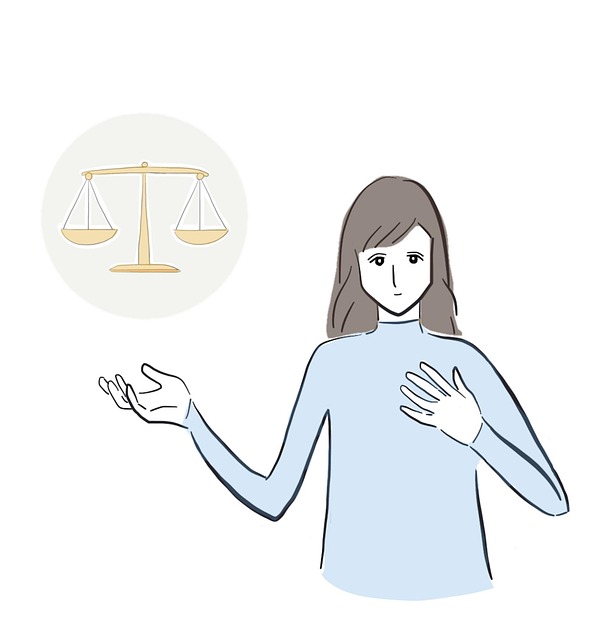In Oregon, commitment hearings facilitate access to mental health and substance use disorder treatment by balancing freedom with specialized care. These data-driven processes require strict criteria: danger to self or others or inability to care for oneself due to severe mental illness. Preparation involves document gathering, witness statements, and risk assessment collaboration. Hearings occur in court where a judge considers all information, making decisions based on state guidelines, emphasizing the vital importance of understanding commitment hearings for individuals and communities alike.
“Understanding commitment hearings in Oregon involves grasping a structured legal process aimed at ensuring due care for individuals deemed incapable of managing their affairs. This article breaks down the key components of these hearings, offering a comprehensive guide to the procedural steps involved. From defining commitment hearings and eligibility criteria to outlining pre-hearing preparations and the actual hearing day, we provide essential insights for all interested in navigating Oregon’s commitment hearing system.”
- Defining Commitment Hearings in Oregon
- Pre-Hearing Preparation and Eligibility
- The Day of the Hearing: Steps and Procedures
Defining Commitment Hearings in Oregon

In Oregon, commitment hearings are an essential part of the legal process for individuals with serious mental illnesses or substance use disorders. These hearings provide a structured framework to ensure that those struggling with their mental health or addiction receive appropriate treatment and support. Understanding commitment hearings is crucial for both individuals seeking help and community members who may be affected by these processes.
Commitment hearings are legal proceedings where a judge decides whether an individual should be temporarily committed to a treatment facility, such as a psychiatric hospital or a substance use disorder rehabilitation center. This decision is based on evidence presented during the hearing, including medical records, expert testimony, and input from the individual and their support network. The primary goal is to balance the person’s right to freedom with their need for specialized care and recovery services.
Pre-Hearing Preparation and Eligibility

Before a commitment hearing in Oregon, both parties—the state and the individual—must prepare thoroughly. This involves gathering relevant documents, evidence, and witness statements. Understanding commitment hearings is key; these legal processes aim to determine an individual’s mental health status and whether they can be committed for treatment against their will. Eligibility criteria are strict; individuals must be deemed a danger to themselves or others, or unable to care for themselves due to severe mental illness.
Pre-hearing preparation includes assessing the individual’s history, current condition, and potential risks. This process requires collaboration between healthcare professionals, legal representatives, and family members. By ensuring a comprehensive understanding of these factors, all parties can actively participate in the hearing, presenting a clear picture of the individual’s circumstances to the court.
The Day of the Hearing: Steps and Procedures

On the day of the hearing, all parties involved gather at the designated court location. The process begins with initial checks and confirmations, ensuring all necessary documents are present. The judge then presides over the hearing, presenting an opportunity for both the petitioner and the individual in question to share their perspectives and evidence. This exchange allows for a comprehensive understanding of the situation, facilitating a well-informed decision.
During the hearing, witnesses may be called to testify, providing further insights into the circumstances. The judge carefully considers all information presented, eventually rendering a decision that aligns with Oregon’s commitment hearing guidelines. Understanding commitment hearings is crucial for both individuals facing such proceedings and those supporting them, as it impacts future legal and personal decisions.






